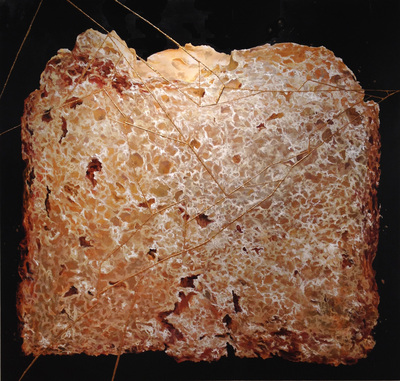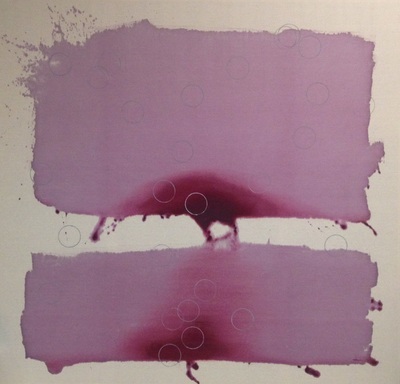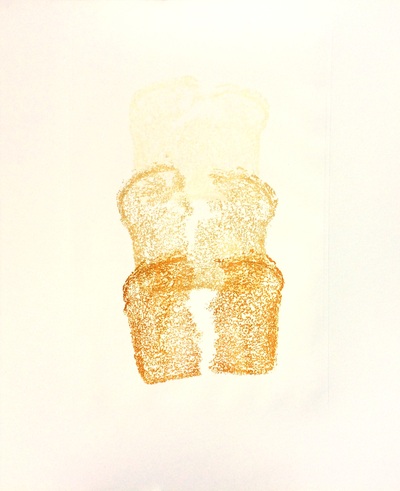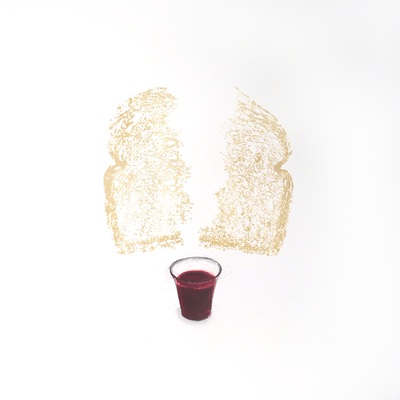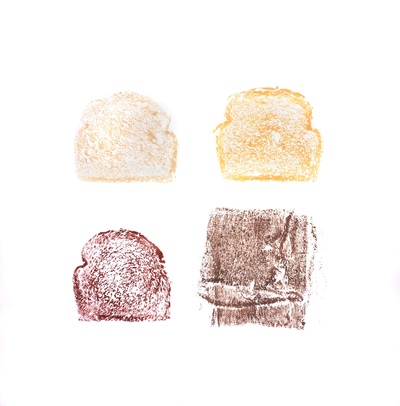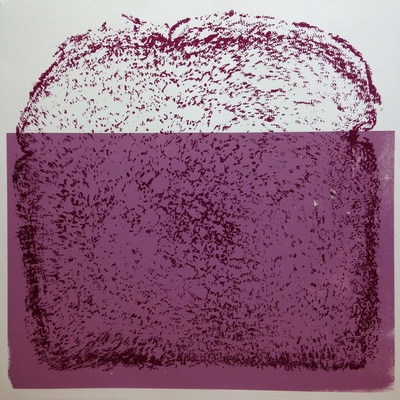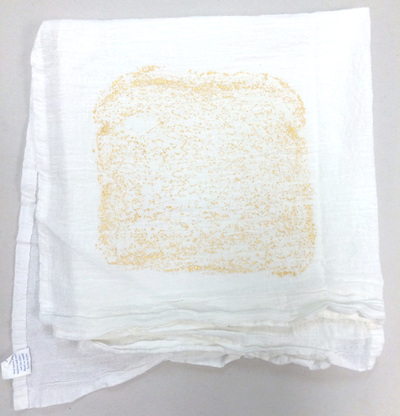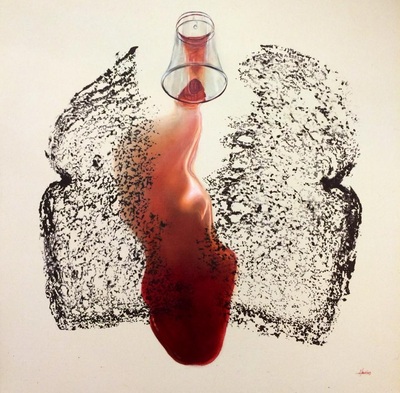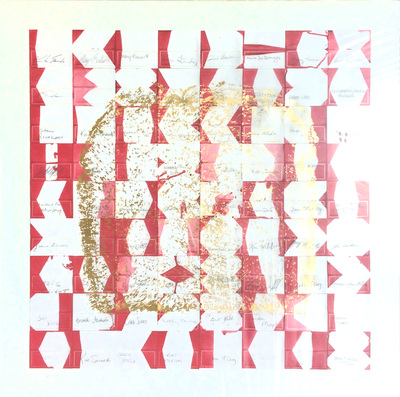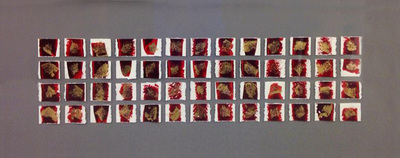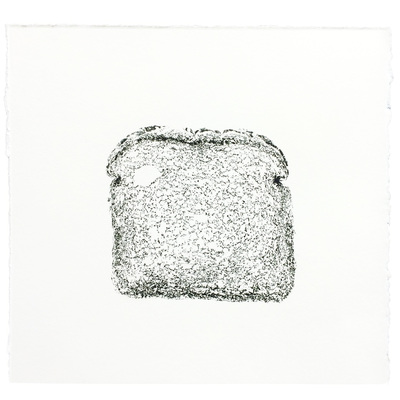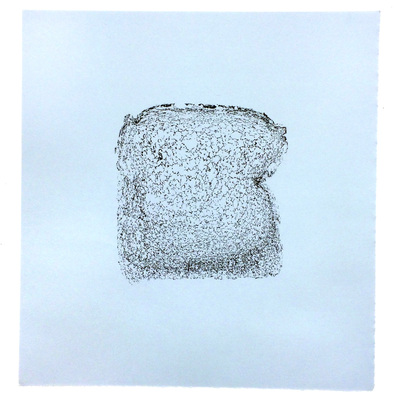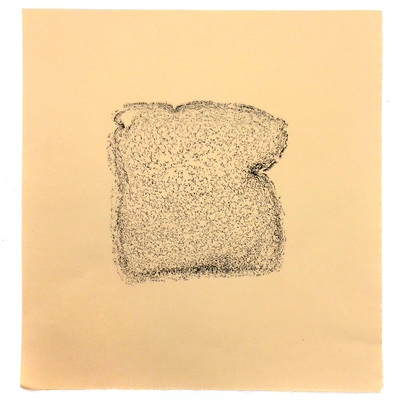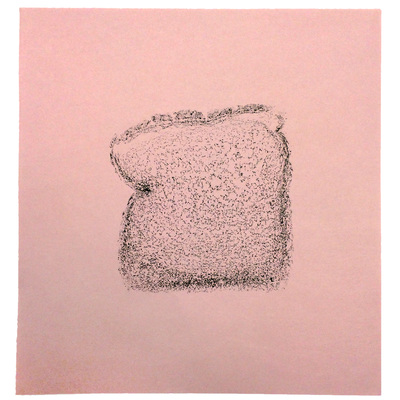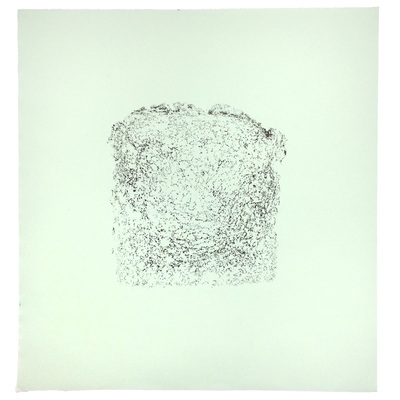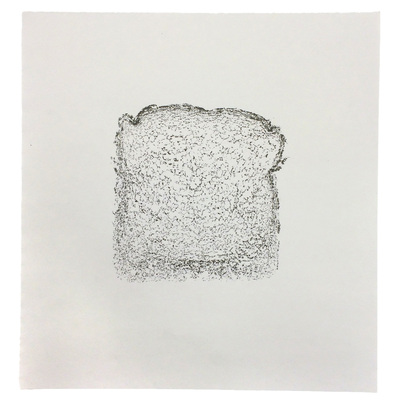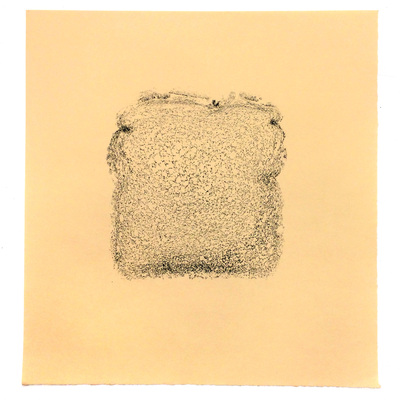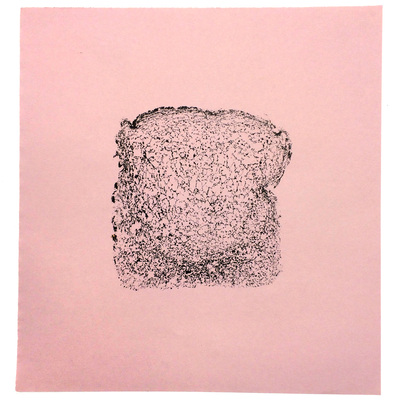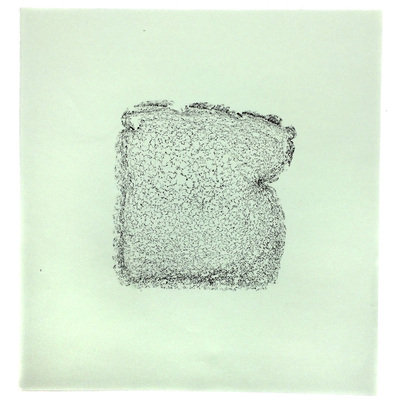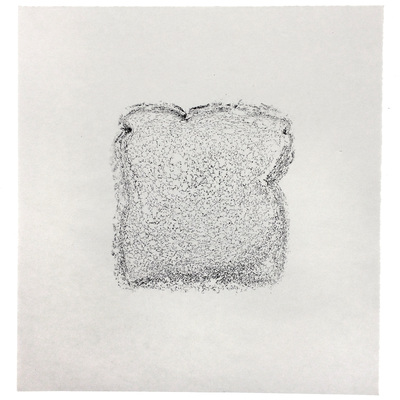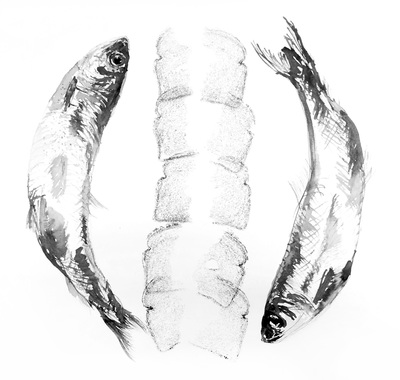Bread series
|
"What oxygen is to the body, the bread of life is to the soul. Without that bread all other hungers will be improperly perceived. In fact, in like manner, the absence of that bread over a prolonged period makes the bread itself seem worthless. Life is meant to be lived in fulfillment of the one need that defines all other means of fulfillment and the one love that defines all other loves."
-Ravi Zacharias (Empty Stomachs and Broken Lives) Breaking bread together unifies us. Eating at the same table can create a sense of equality amongst us. Fellowship takes place. We celebrate with food, find pleasure in food, and our body receives nourishment from food. However, there are things food can not do and our life is full of other hungers. Life is not about us. It's not about me. It's about God. When the focus is set on the King of all kings, our participation becomes a satisfying joy. For instance, the practice of holy communion sets the elements of bread and wine apart from common use to represent God's promises to us in Christ Jesus. |
Christ set up the temporary in a way to remind us of the eternal. What is ephemeral? What is eternal? The difference is quite possibly a matter of the heart.
This series is bread in biblical contexts with contemporary references: The first temptation of Christ, the last supper, manna in the desert, the feeding of the 5000, etc. This work revolves around the question of hunger and what bread can and can not do. Bread can speak to abundance and the power to provide but it’s only temporary. It doesn’t answer the supreme hunger of life: transcendence. The way bread is referenced through Christ in the gospels is fascinating. The victory over a temptation to turn stones to bread illustrates the potential violation that comes with the power of provision: materialism. Such triumph points to the fact that we are more than what we eat. The feeding of the 5000 speaks to the power of provision through compassion. The Last supper speaks to Christ himself being the sacrifice for our sins that gives us all eternal significance and a reunited relationship with our creator now and beyond death. "Then Jesus declared, "I am the bread of life; he who comes to me will never go hungry, and he who believes in me will never be thirsty." (John 6:35 NIV) - Craig Hawkins |
All images on www.craighawkinsart.com © Craig Hawkins 2007

